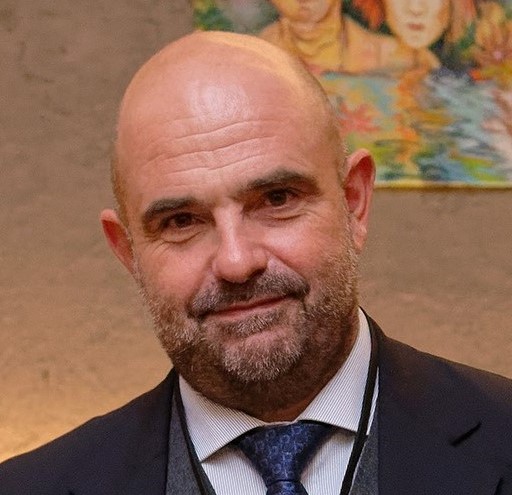This contribution, concerning the role of know-how in the context of franchising agreements, deals with the decision of the Court of Appeal of Cagliari of October 31, 2023, also in view of my previous contribution of July 16, 2018 on the decision of the Supreme Court No. 11256 of May 10, 2018. In such judgement the Italian Supreme Court interpreted Law No. 129/2004 (on franchising agreements) in the sense that the transfer of know-how is not an essential element, that is a franchising agreement can be conceived also if there is no clause concerning the transfer of know-how.
The Court of first degree of Cagliari, in its decision of July 12, 2021, declared null and void a franchising agreement insofar as, although in the said contract there was a clause for the transfer of know-how as an essential element of the contract, it did not then indicate the specifics of the know-how to be provided by the franchisor to the franchisee in accordance with the provision of Article 3 c.4(d) of Law No. 129/2004; the know-how was only indicated in a generic manner. In support of its argument, the Court of first degree of Cagliari referred to the above mentioned decision of the Supreme Court No. 11256/2018, according to which a franchise agreement is valid even if it lacks the know-how transfer clause, specifying, however, that, in the event that it is the contract itself that provides that the franchisor’s know-how is transferred to the franchisee, it is necessary that the same is specifically indicated and that the breach of this provision (Article 3 c.4(d) of Law No. 11256/2018), which is imperative in nature, determines the nullity of the entire franchise contract.
The aforesaid decision of the Court of first degree of Cagliari was then appealed, in particular with reference to the transfer of know-how, pointing out (a) that the element consisting in the know how had to be considered accessory and not essential (in accordance with the decision of the Supreme Court No. 11256/2018), with the consequence (b) that if the element of the transfer of know-how cannot be considered essential, its defect and/or vice cannot lead to the nullity of the contract, both in the hypothesis that such element is absent and in the hypothesis that it is not sufficiently specified.
The Court of Appeal of Cagliari, in its aforementioned decision of October 31, 2023, rejected the appeal and confirmed the first instance judgement on the basis of the following arguments:
(i) the Court agrees with the decision of the Supreme Court No. 11256/2018, according to which a franchising agreement may be valid even without the element of the transfer of know-how; however, the Court of Appeal, in accordance with the Court of first instance, goes further, noting that in the case at hand the contract provided for the transfer of know-how from the franchisor to the franchisee, with the consequence that this element became essential from accessory, as it identified the subject matter of the contract, and, therefore, its description ‘cannot, however, be reduced to excessively general and vague formulas, in view of the provision of Article 1 c.3(a) [Law No. 129/2004] (see Supreme Court, No. 11256/2018) and cannot be reduced to the mere listing of the type of services offered by the franchisor, in such case the contract being void for lack of clarity of the subject matter with the consequent inapplicability of Article 1419 of the Civil Code [concerning the partial nullity of a contract]’;
(ii) the franchising agreement under judgement, while providing for the transfer of know-how as an essential element of the contract, did not specify the content of the know-how itself as required by Article 3 c.4(d) of Law No 129/2004.
This decision of the Court of Appeal of Cagliari (in line with the Supreme Court No. 11256/2018) is in contrast with the decision of the Court of Bologna of January 8, 2020, which ruled that franchising agreements, regardless of what the contract in question provides for, are null and void without the transfer of know-how, in accordance with a part of the doctrine (A. Frignani, Il contratto di franchising, Milano, 2012, 64; on the contrary, F. Bortolotti, Contratti di distribuzione, Milano, 2022, 692 argued in line with the aforementioned decision of the Italian Supreme Court).
Marco Venturello, IDI Member
